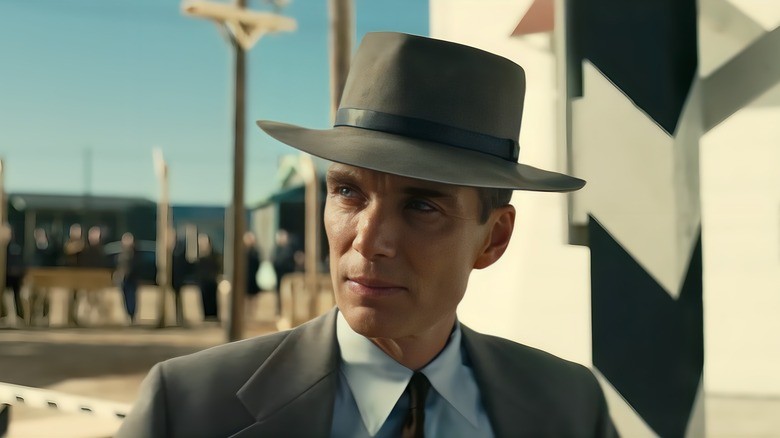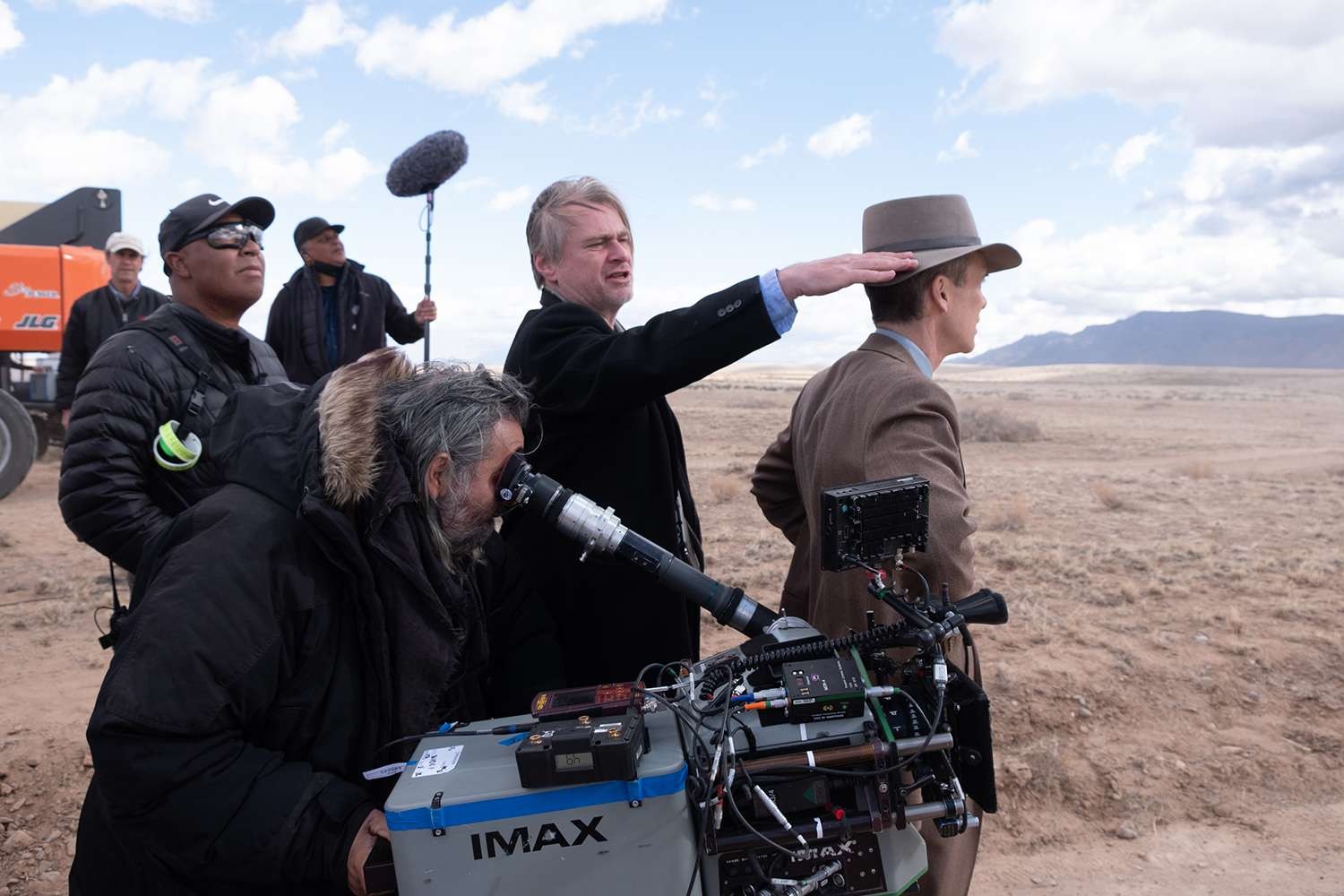Christopher Nolan’s latest film, Oppenheimer, carries a significant but sensitive connection with Japan due to its subject matter. As the movie gains worldwide release, concerns have arisen regarding its reception in the Japanese cinematic market. The film delves into the historical events where the United States dropped atomic bombs on Hiroshima and Nagasaki in 1945, leading to Japan’s surrender.

The devastating attack left the cities in ruins, claiming the lives of at least 110,000 people. As for its release in Japan, the WWII science epic, Oppenheimer, has not been officially banned, indicating the potential for its release in the country. However, no release date has been announced yet, leaving the situation uncertain.
Will Oppenheimer Get Banned In Japan?
In June, a spokesperson for Universal informed Variety that “plans have not been finalized in all markets,” leaving Japanese cinemagoers unable to watch Oppenheimer alongside the global audience. The film delves into the contentious historical debate over the American scientist’s motives behind the bombings of the Japanese cities, adding to its significance and sensitivity.

Oppenheimer sparked speculation about its sensitivity to Japanese audiences, considering the tragic events of Hiroshima and Nagasaki. Yet, exploring Japan’s cinematic history showcases a liberal attitude towards artistic expression. The industry has embraced diverse genres, from horror and samurai films to high-school dramas. Additionally, film censorship in Japan has primarily targeted explicit content rather than political or militaristic themes since the 1950s.
As Oppenheimer premiered in various locations, audiences were profoundly moved by its gripping narrative. Some likened the experience to watching a horror movie, immersed in its intensity. Kai Bird, the Pulitzer Prize-winning historian, and co-author of the book that served as the film’s inspiration, admitted to being stunned and deeply emotionally impacted by the power of Oppenheimer.
Trinity Scenes Serve As Oppenheimer’s Turning Point
The Trinity scene in Oppenheimer holds significant importance as it becomes a pivotal moment for the protagonist, signaling his awakening to the devastating power of the device he helped create. This realization adds an urgent polemic element to the film, strategically designed to impact contemporary discussions about nuclear weapons development and possession worldwide.

“Nuclear armaments are an extremely dangerous thing to have lying around the house,” Nolan explained. “Coming out of making this film, and as it starts getting out to the world, I realized that our relationship to the role of nuclear weapons ebbs and flows due to the political situation, and it shouldn’t, because the threat is constant. … Some of the closest moments of nuclear disaster have actually been in times of relative calm.”
In a bold move, Christopher Nolan opted for a practical approach to recreate the nuclear detonation scene, foregoing CGI. This deliberate choice starkly contrasts with how he depicted a similar explosion in the climax of The Dark Knight Rises in 2012. Nolan’s dedication to realism adds an authentic and intense dimension to Oppenheimer.
Source: Insider










